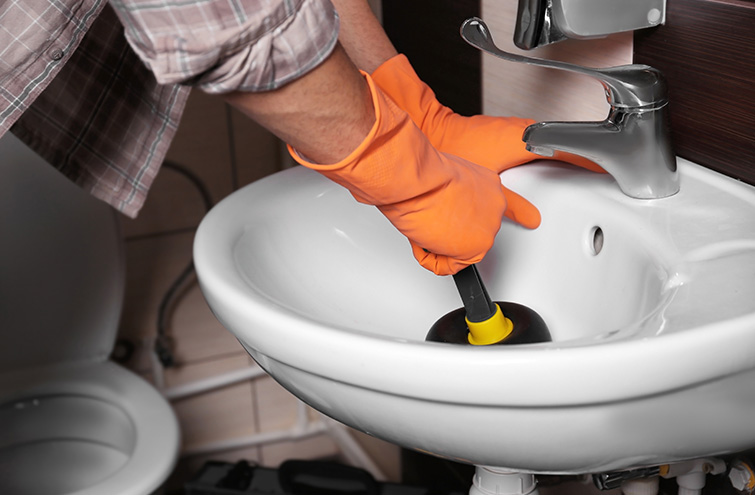
Clogged drains can be a frustrating and inconvenient issue to deal with. Whether it’s a slow-draining sink, a backed-up toilet, or a foul odour emanating from your plumbing fixtures, understanding the reasons behind drain clogs can help you effectively prevent and address these problems. In this blog, we will explore some common culprits that can lead to clogged drains and provide insights on how to maintain a free-flowing plumbing system.
One of the primary reasons drains become clogged is the buildup of debris over time. This includes hair, soap scum, food particles, grease, and other small objects that find their way down the drain. These substances can stick to the pipe walls and create blockages, inhibiting the flow of water and causing drains to back up. Regular cleaning and preventive measures such as using drain covers or screens can help reduce debris accumulation.
Fats, Oils, and Grease (FOG): Pouring fats, oils, and grease down the drain may seem convenient, but it can have detrimental effects on your plumbing system. When FOG cools, it solidifies and sticks to the inner walls of the pipes, creating a sticky residue that traps other debris and leads to clogs. Proper disposal methods, such as collecting and disposing of FOG in a sealed container or recycling it, can prevent drain issues caused by these substances.
Outdoor drainage systems like sewer lines can be susceptible to tree root intrusions. Roots naturally seek out sources of moisture, and if there are small cracks or gaps in the pipe, they can penetrate and grow inside, causing blockages and pipe damage. Regular inspection of outdoor pipes and taking appropriate measures such as root barriers or professional root removal can prevent root intrusions and maintain proper drainage.
Minerals present in water, such as calcium and magnesium, can accumulate inside pipes over time. This is particularly common in areas with hard water. The mineral deposits gradually narrow the diameter of the pipe, reducing water flow and leading to clogs. Water softeners or regular descaling can help minimize mineral buildup and keep your drains flowing smoothly.
Accidental or intentional disposal of foreign objects down the drain can wreak havoc on your plumbing system. Items like sanitary products, paper towels, baby wipes, and even small toys should never be flushed or put down the drain. These items do not break down easily and can quickly lead to severe blockages. Proper disposal methods and educating household members on what should and should not be flushed can prevent drain clogs caused by foreign objects.
Over time, pipes can deteriorate, corrode, and develop cracks or collapses. These structural issues create rough surfaces and spaces for debris to accumulate, increasing the likelihood of clogs. Regular inspections, pipe maintenance, and timely repairs or replacements can help prevent drain problems associated with aging pipes. Understanding the factors that contribute to drain clogs empowers you to take proactive measures to maintain a smoothly functioning plumbing system. Regular maintenance, proper disposal practices, and preventive actions can go a long way in preventing clogged drains. However, if you do encounter a stubborn clog, it’s best to enlist the help of professional plumbers who have the expertise and tools to safely and effectively clear the blockage. By keeping your drains free-flowing, you can enjoy a hassle-free plumbing system and avoid the inconveniences of clogged drains. Contact Waterline Replacement for all your drain-clearing needs today!